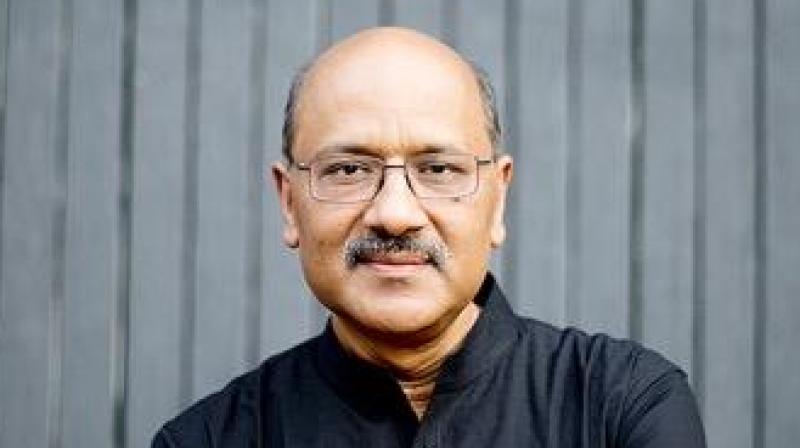Traditional media in India has historically been dominated by a group of select elites, result of a perpetual quid pro quo within the industry and the Indian government, which prevented people with an unbiased and independent view to contribute to major part of the news. The run-up to the 2014 general election also saw a huge barrage of these ‘elites’ propagating their bias in the garb of journalism. However, it would be a bit unfair to call these meek attempts just biases, limited knowledge of relevant subjects might have also contributed to the same.
However, in parallel, the 2014 general election also witnessed a huge uptrend of political discourse finding its place on the digital space. This digitization not only helped politicians, journalist and others in connecting with millions with just a click of a button but also opened a two-way street for these millions to voice their opinions independently without interference or screening by any middleman. Coming to 2019, when digitization has far more penetrated than in 2014, the ghosts of the pasts are not so easy to be dismissed. With the click of a button, one can access information from a decade back to point out the incoherencies and call out the biases which had prevailed in a select group of few.
A curious case of a similar incident was pointed out by Twitter user @ramprasad_c. He tweeted:
https://twitter.com/ramprasad_c/status/1126086336178532352
After a bit of search, we found the article from which this snippet was sourced. Now archived, the article titled “National Interest: The Congress’s Modi” published on 30th of October, 2013 was penned by senior and respected journalist Shekhar Gupta. The article written in an intriguing and catching manner sheds light on the political scene that was unfolding in the run-up to the 2014 general elections where Narendra Modi would later go on to register an astounding victory with BJP managing to obtain majority singly, despite NDA alliance partners.
“The appointment of Amit Shah to Uttar Pradesh, therefore, is the BJP’s (or rather Modi’s) first big blunder, and that too so early in this campaign,” Shekhar Gupta writes. (NDA later goes on to win 73 out of the total 80 PC’s in UP, with BJP winning on 71 PC’s)
Shekhar Gupta further writes, “His (Amit Shah’s) very presence will scare the minorities even further, but that, as we know, the BJP does not worry about for now.”
The results of the 2014 general elections are sufficient to debunk these claims, however, the 2017 assembly elections in UP under the leadership of Amit Shah also points towards the incoherency that this article had with the ground realities. The 2017 assembly elections saw BJP getting a three-quarter majority of 325 seats in Uttar Pradesh.
Shekhar Gupta also compares the electoral ‘knowledge’ of Amit Shah and Yogendra Yadav, not stopping at that it even goes on to make tall claims about Rahul Gandhi and Congress’ electoral prospects for the 2014 general elections, however, they better remain uncommented upon as their huge ‘distance’ from the truth was proven first in the 2014 general election and then repeatedly in a number of state elections that followed.
However, it should be reiterated that these biases might be nothing more than a limited knowledge of relevant subjects, in which case one should have kept the thoughts personal rather than putting them out to face the truth on merit. Nonetheless, the 2014 general elections saw the huge impact of these newly empowered individuals over social media, who not only voiced their opinions on a mass scale but also debunked the agenda driven narratives, which was perpetually being fed to through electronic media. This new found empowerment brought together millions of people who had for a long time led astray to believe that the repository of truth and intellect remained confined to a few media groups and their editors. The 2019 general election is also witnessing a similar trend where people have taken on themselves to counter bias and ‘limited knowledge’ wherever it is to be found.
